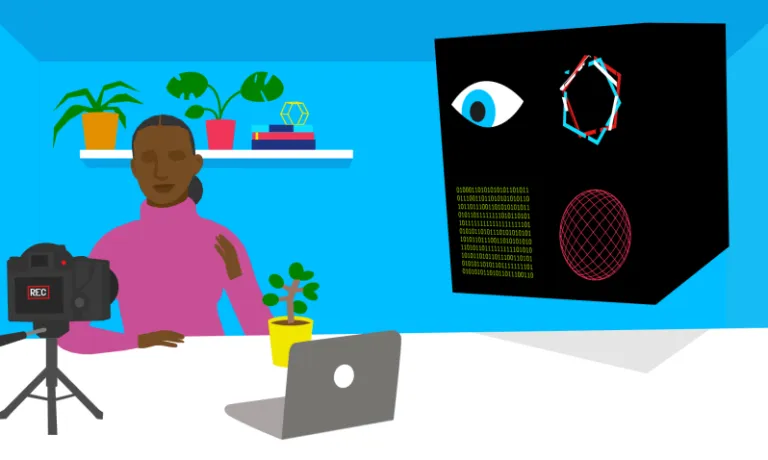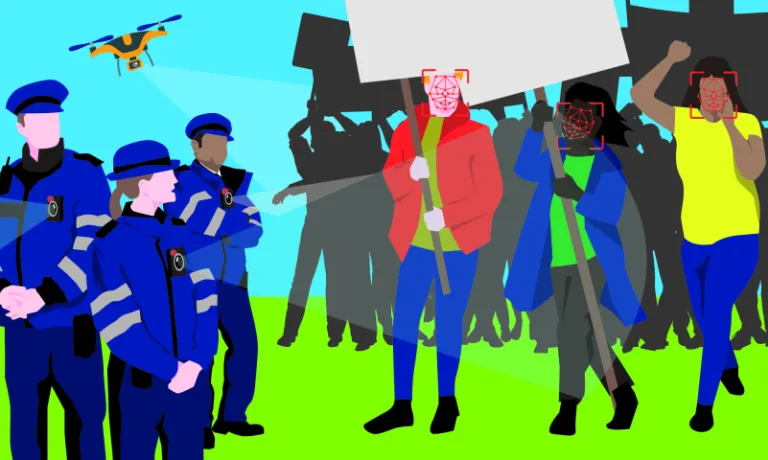
Long Reads

Prior to Kenya’s Presidential election in August 2022, PI travelled to Nairobi to collaborate with The Carter Center as part of their pre-election assessment team to assess the role of technology and data in elections. This is the final report resulting from that election expert mission.

Following its 2021 research on diet ads sharing personal data with third parties, PI ran a follow-up analysis of Noom's online test to assess changes and reflect on publishers' data sharing practices.
In August 2021, PI published the report An unhealthy diet of targeted ads where we uncovered how personal data was shared by diet companies through their online ads and

We won our case against the UK’s Security Service (MI5) and the Secretary of State for the Home Department (SSHD)
Following on from our initial reaction, we answer some key questions about the judgement below.

The rise of the gig-economy, a way of working relying on short term contracts and temporary jobs rather than on an employed workforce, has enabled the growth of a number of companies over the last few years. But without the rights that comes with full employment, gig economy workers today don't have access to essential protections.
The rise of the gig-economy, a way of working relying on short term contracts and temporary jobs rather than on an employed workforce, has enabled the growth of a number of companies over the last few years. But without the rights that comes with full employment, gig economy workers today don't have

Apple’s end-to-end encrypted iCloud services are becoming available for global users. This was something that was until now reserved to US users. We have been calling for this for twelve years.

Privacy Internationals and Liberty’s latest legal case against the UK’s Security Service (MI5) hinges on MI5’s failure to police their vast data holdings. PI and Liberty allege MI5 broke the law by not effectively implementing crucial safeguards designed to protect all of us.

PI ran a survey of environmental activists to gather their surveillance concerns. Based on their experiences, we put together the following guide on how to limit social media monitoring.


After a consultation held in 2021 to which Privacy International responded, the government has now decided not to expand the powers of its "National Fraud Initiative". However, recent changes in the UK welfare landscape point to troubling plans for the future.
In the UK, successive government ministers and members of parliament have made emotive proclamations about the
